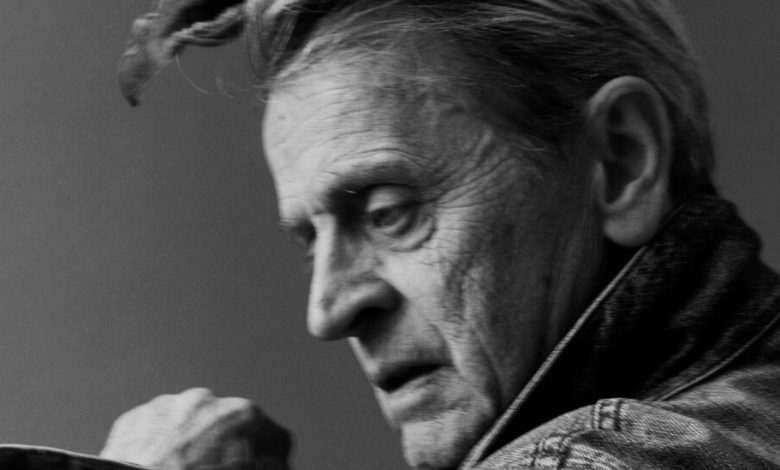Mikhail Baryshnikov on Leaving Everything Behind

On the night of June 29, 1974, after a performance with a touring Bolshoi Ballet troupe in downtown Toronto, Mikhail Baryshnikov made his way out a stage door, past a throng of fans and began to run.
Baryshnikov, then 26 and already one of ballet’s brightest stars, had made the momentous decision to defect from the Soviet Union and build a career in the West. On that rainy night, he had to evade K.G.B. agents — and audience members seeking autographs — as he rushed to meet a group of Canadian and American friends waiting in a car a few blocks away.
“That car took me to the free world,” Baryshnikov, 76, recalled in a recent interview. “It was the start of a new life.”
His cloak-and-dagger escape helped to make him a cultural celebrity. “Soviet Dancer in Canada Defects on Bolshoi Tour,” The New York Times declared on its front page.
But the focus on his decision to leave the Soviet Union has sometimes made Baryshnikov uneasy. He said he does not like how the term “defector” sounds in English, conjuring an image of a traitor who has committed high treason.
“I’m not a defector — I’m a selector,” he said. “That was my choice. I selected this life.”
Baryshnikov was born in the Soviet city of Riga, now part of Latvia, and moved to Leningrad, now St. Petersburg, in 1964, when he was 16, to study with the renowned teacher Alexander Pushkin. When he was 19, he joined the Kirov Ballet, now known as the Mariinsky, and quickly became a star on the Russian ballet scene.